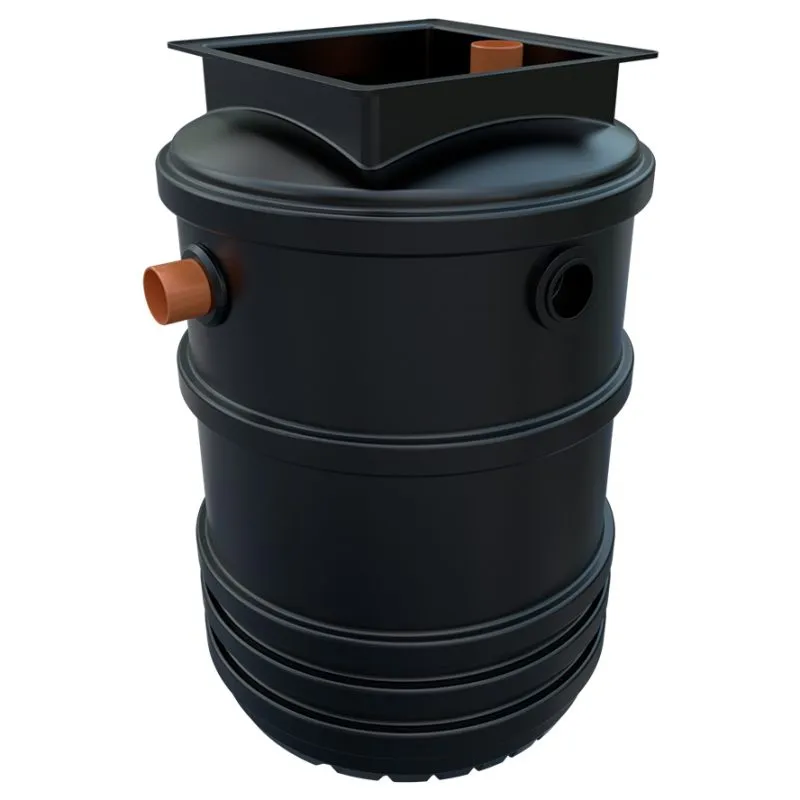More Chantals in our future: Climate change will likely increase storms, flooding
Storms like Chantal, isolated flooding from sudden cloudbursts and other natural disasters will likely become more frequent and intense thanks to climate change, scientists say.
“It can be a bit tougher to be that definitive with things like heavy rainfall from tropical storms, since those are relatively rare events,” said Corey Davis, assistant state climatologist. “But when we see new daily rainfall records of 8 inches or more in places like Chapel Hill, all from [Chantal] that was only a tropical depression, then we can at least say that this was beyond what we’ve seen historically from a tropical storm, and that the impacts such as heavy rain and flooding line up with what we expect due to climate change.”
Heavier rainfall can be fueled by rising local and global temperatures.
Increasing temperatures are a climate change indicator, and North Carolina is warmer now than in the previous century. And it is very likely the state’s temperatures will rise by at least 2 to 4 degrees by the middle of this century, according to the N.C. Climate Science Report.
Warmer weather leads to denser clouds that hold more water, eventually causing heavier rainfall.
“This is closely tied to another basic scientific principle — that a warmer atmosphere is also a wetter one, and weather systems like tropical storms that form in this environment can bring heavier rain over shorter time periods than we’ve seen historically,” Davis said
Davis also commented on heavy rainfall from recent storms in North Carolina, including Hurricanes Florence and Matthew, Hurricane Helene, which had weakened before reaching Western North Carolina, and Chantal.
“The sorts of rainfall we’ve seen from those storms, with more than 20 inches in some cases, used to be a once-in-a-lifetime event. Now it’s something we’re seeing somewhere in the state every few years, or even multiple times per year like in 2024.”
What is climate change and how does it work?
Weather and climate are closely related but not interchangeable.
“The climate is what we expect while the weather is what we actually get,” Davis explained.
Weather describes the conditions in an area at a particular time. It’s what people see on a day-to-day basis — rain, sunshine, snow, etc.
Climate describes typical weather patterns in an area over a long period of time. Scientists measure weather conditions daily, then use averages to predict the climate during a particular season.
Daily weather often differs from the average climate.
“For example, our climate tells us that wintertime is when we expect to get snow, but in some years we may not see any, while in other winters like this past one, we can see multiple snow events,” Davis said.
Climate change is a long-term shift in average weather patterns. Differences in temperature, rainfall and greenhouse gas emissions — greenhouse gases like carbon dioxide and methane trap heat in the earth’s atmosphere — are some of the markers used to measure climate change. And the scientific data demonstrates global climate change.
Davis stated that greenhouse gas emissions have been the main driver of climate change.
“While the earth’s atmosphere has always had some of these gases ... we’ve effectively supercharged the atmosphere with more of those gases than it can cycle through naturally, and that has led to the warming temperatures and its consequences,” he said.
And while it might seem like a new concept, Davis said, “it has been well known to atmospheric scientists for more than a hundred years.”
Global data shows increases in carbon dioxide levels and average air temperatures dating back to the early 20th century, he said.
Scientists are very confident that rising global temperatures are largely due to human actions that significantly increase carbon dioxide and other greenhouse gases in the atmosphere, according to the the most recent N.C. Climate Science Report.
NC Reality Check is an N&O series holding those in power accountable and shining a light on public issues that affect the Triangle or North Carolina. Have a suggestion for a future story? Email [email protected]










![LED Billboard Market Latest Report: Valuation and Growth Insights {2029} [3780.56M, 9.1%]](https://noticiasdecostarica.com/zb_users/upload/2025/07/20250714015451175242929125907.png)

![Laundry Capsules Market: Anticipating Robust Growth Analysis [CAGR 10.9%]](https://noticiasdecostarica.com/zb_users/upload/2025/07/20250713221554175241615494091.png)
